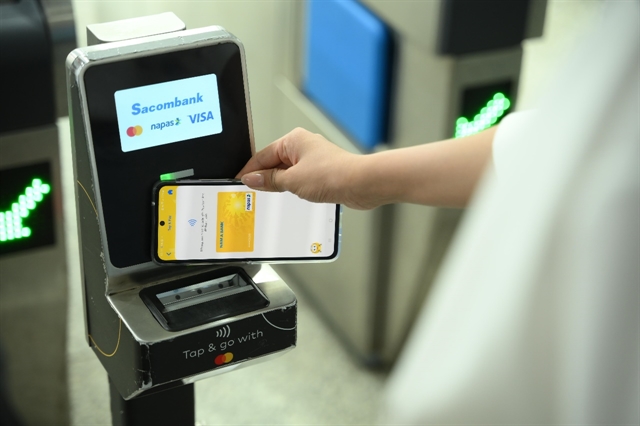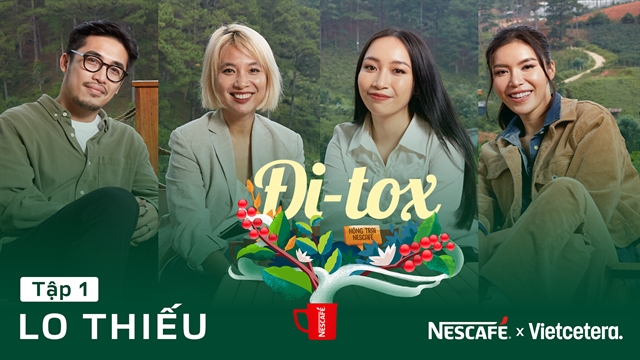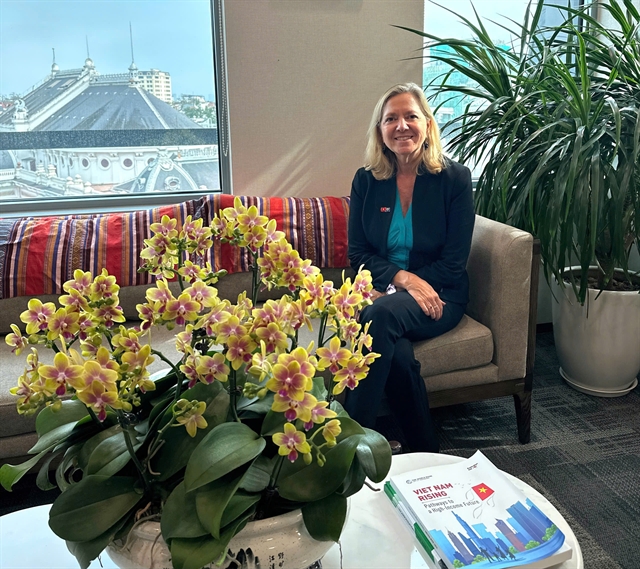 Economy
Economy


|
| NESCAFÉ and Vietcetera have launched the ‘Đi-tox’ talk show series on the former’s YouTube channel to foster sustainable coffee farming. — Photo courtesy of Nestlé |
HCM CITY — Nestlé’s NESCAFÉ brand and Vietcetera have launched a three-episode talk show series, ‘Đi-tox,’ featuring guests such as VJ Thùy Minh, singers Vũ and Mỹ Anh and supermodel Minh Tú on sustainable coffee farming practices.
NESCAFÉ hopes viewers will relax and have moments of calm by listening to sounds of nature on the shows, and be inspired by farming stories.
They have been uploaded on NESCAFÉ's YouTube channel.
They are part of the brand’s effort to connect sustainable agriculture with the community.
Last year it had launched a music album, ‘Nâng Niu Lắm Thiên Nhiên Ơi,’ by Mỹ Anh.
This year is an important milestone in the NESCAFÉ Plan programme as regenerative agriculture is the focus of its long-term plan for until 2030.
Since 2011 the global programme has been implemented in Việt Nam to bring sustainable values to coffee farmers and the community.
It also demonstrates Nestlé's commitment to creating shared value for the coffee value chain.
In the past 12 years the programme has had significant socio-economic and environmental impacts, including by replanting 63,000 hectares of ageing coffee trees, distributing over 63 million high-quality seedlings to farmers and helping reduce the use of water by 40-60 per cent and chemical fertilisers and pesticides by 20 per cent.
It has organised more than 330,000 training sessions on sustainable coffee cultivation and helped more than 22,000 farmer households achieve the international 4C (Common Code for the Coffee Community) certification and farmers increase their income by 30-100 per cent. — VNS




